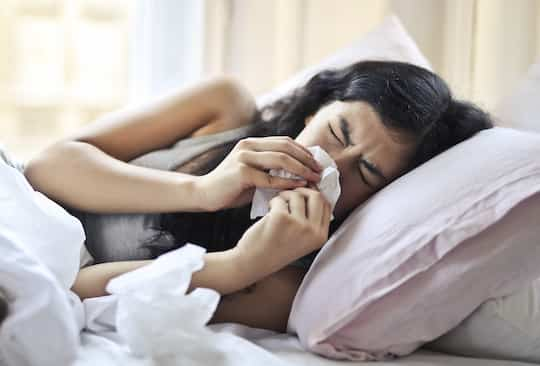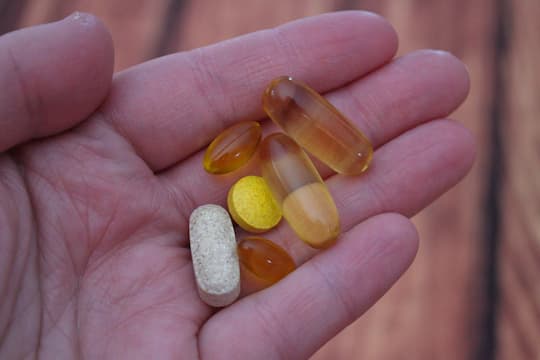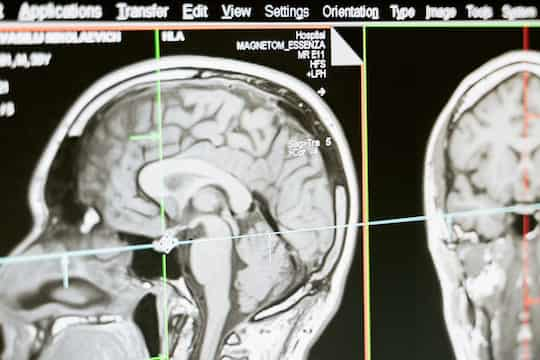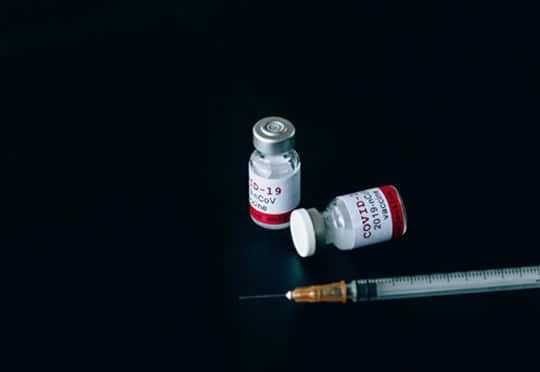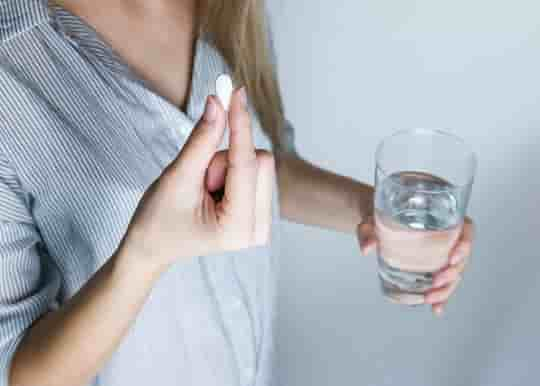A diet that can assist people in fending off COVID-19 and lowers the risk of severe illness.
A whole food, plant-based diet is not only a heart-healthy diet but also reduces the risk of COVID-19 infection, a study reveals.
Not all plant-based diets are healthy, as a whole food, plant-based product means an unprocessed or at least minimally processed food.
Dietary studies often describe plant-based diets as low or no meat and high in fresh fruits, vegetables, nuts, seeds, whole grains, legumes, olive oil, tea and coffee.
While all the focus is on the pandemic, we forget that the first killer is heart disease and actually people with a heart condition are more likely to develop a severe COVID infection.
Last year the coronavirus killed more than 400,000 Americans, but at the same time about 655,000 Americans died from cardiovascular disease, taking someone’s life every 37 seconds.
Individuals with obesity, diabetes, and high blood pressure tend to develop heart disease and those with these conditions (or risk factors) are extremely vulnerable to COVID.
Dr Kim Williams, the study’s co-author, said:
“It’s particularly tough because both heart disease and COVID-19 have the same risk factors for having a bad outcome—it’s a perfect storm.
If you want to avoid a bad outcome from cardiovascular causes, or even COVID-19, this is the time to change your diet.”
According to the study, a whole-food, plant-based diet can reduce cardiovascular disease risk as well as COVID risk.
People can see the benefit from this type of diet within a short period of time as it is able to reduce the risk factors related to heart disease and improve markers of immune function.
Dr Williams said:
“Your level of heart inflammation goes down when you eat a whole-food, plant-based diet, and it helps to build your immune system.”
Our planet contains more than 20,000 edible types of vegetables, fruits, grains, and beans, but if they are full or partially processed then they lose their nutrients and are not as healthy.
Dr Williams said:
“If it’s a plant, go ahead and eat it, but be careful if it is made in a factory.
There is such a thing as an unhealthy vegan diet.
For example, eating refined grains, fried potatoes and sugar-sweetened beverages may indeed be vegan, but they are actually worse than eating an animal product.”
The study was published in the International Journal of Disease Reversal and Prevention (Petersen et al., 2021).

